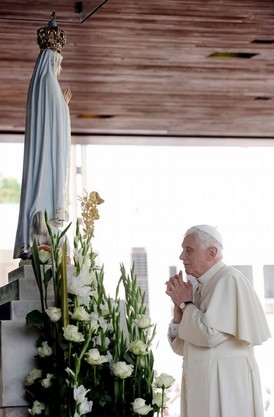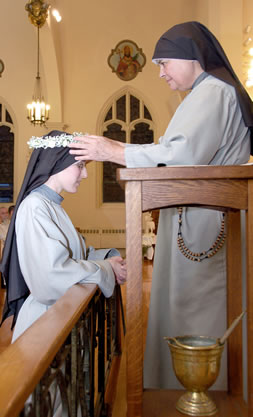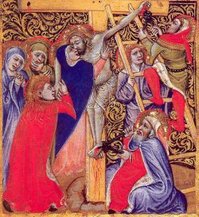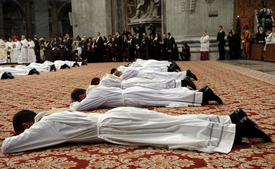The Pope’s weekly general audience address today was
dedicated to Saint Joseph Cafasso (1811-1860), a member of the “St Francis of
Assisi Institute,” a priest (ordained in 1833) who died 150 years ago. He is
most known as Saint John Bosco’s spiritual father (director) from 1835 to 1860.
Cafasso died in 1860; Pius XII canonized in him 1947. In 1948, Pope Pius XII named him the patron of Italian
prisons and, in 1950, proposed him “as a model for priests involved in
Confession and spiritual direction.” His uncle is Blessed Joseph Allamano. Saint Joseph Cafasso’s feast day is June 23.
I never heard of Saint Joseph Cafasso
until today, partly because I am not well attuned to the life of Saint John
Bosco of which he seems to be most connected. According to the Benedict, Joseph
Cafasso’s ministry helped to form “the true pastor with a rich interior life
and a profound zeal for pastoral care: faithful in prayer, committed to
preaching and catechesis, dedicated to the Sacraments of the Eucharist and
Confession, in keeping with the model incarnated by St. Charles Borromeo and
St. Francis of Sales, and promoted by the Council of Trent. St. Joseph Cafasso
sought to establish this model in the formation of young priests so that, in
their turn, they too could become formators to other priests, religious and lay
people, thus creating a unique and effective chain.” AND how could anyone NOT take Saint Joseph Cafasso as a paradigm for Christian life?
A theme that I am picking
up these days from some of the Pope’s addresses is the constant need to stay in
the “state of grace.” You might say, “no Kidding, Paul! Really?” Mock if you want, but there is an increasing distancing from God, especially staying close to God by means of staying in
a state of grace through the sacrament of confession. We know that the pure of heart are the ones who inherit the kingdom of God. One of the things we know
of Saint John Vianney is that he devoted himself to confessional. Cafasso, the
Pope said, “loved the Lord totally, he was animated by a well-rooted faith and
supported by profound and prolonged prayer, he showed sincere charity to
everyone. He knew moral theology but was equally well aware of the condition of
people’s hearts for which, like the good shepherd, he took responsibility.”
Benedict
XVI explained that that Saint John Bosco never copied his master. Not an
insignificant point: we need to take under consideration those who guide us but
we also need to assert our independence from a “master teacher” in order for
grace to flourish. Otherwise we
merely parrot the other in an unthinking manner. The Pope said, “He
imitated him in the human and priestly virtues – defining him as a ‘model of
priestly life’ – but maintained his own attitudes and his own specific
vocation. … This is a precious lesson for those involved in the formation and
education of the young generations.”
What may be interesting for us to
know is that Saint Joseph Cafasso was renown for his “concern for the lowest, especially for prisoners
… who lived in inhuman and dehumanizing conditions.” Characteristic of Cafasso’s
work with prisoners is remembered today as he “often delivered great sermons
that came to involve almost the entire prison population, with the passage of
time he came to favor individual catechesis, made up of conversations and
personal meetings. While respecting the individual situation of each
individual, he tackled the great themes of Christian life, speaking of trust in
God, adherence to His will, the utility of prayer and the Sacraments, the
culmination of which is Confession, the meeting with God Who, for us, becomes
infinite mercy.”
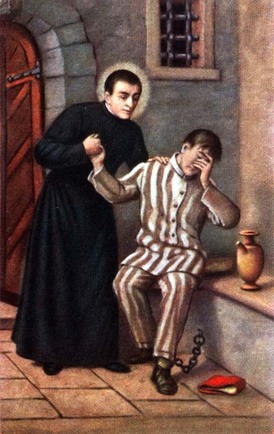
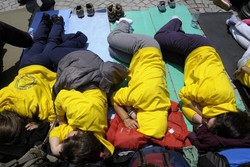
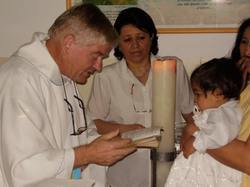
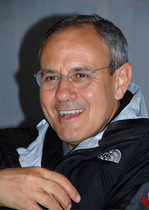
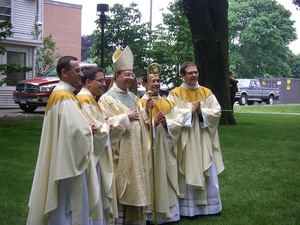





![P5130045[1].JPG](https://communio.stblogs.org/assets_c/2010/05/P5130045[1]-thumb-300x225-6459.jpg)


